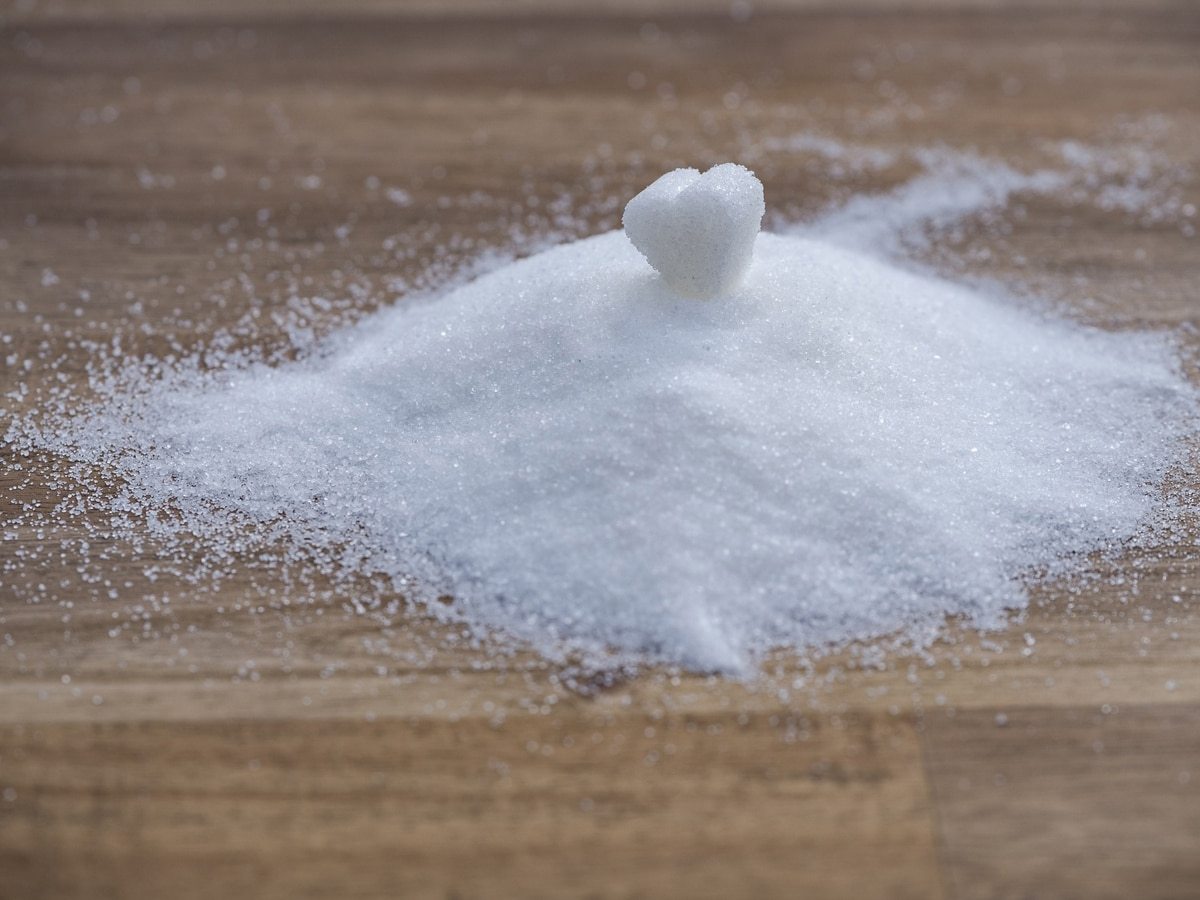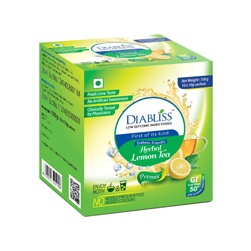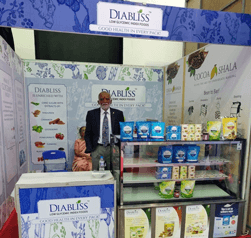Do Artificial Sweeteners Cause More Harm Than Good?
Artificial sweeteners are the trendy way to cut back on sugar consumption and supposedly help in maintaining blood sugar. Sweeteners, or sugar substrates, mimic the sweet taste of sugar and contain significantly lesser food energy as compared to sugar. You must have spotted them at your favourite cafés contained in white packets, or watched a celebrity endorsing it in an ad. Even popular cola brands offer ‘diet’ or ‘zero’ versions that include some form of added sugar substrate to reduce calories.
The marketing of artificial sweeteners also portrays them as a healthy alternative to sugar. As refined sugar is known to have adverse effects on the body, many hop on to the artificial sweeteners bandwagon. It sounds like a reasonably good strategy to get your fix of sweetness without incurring any health risks. But can you really have your cake and eat it too if the cake in question has artificial sweeteners in it? Read more to find out!
Sugar and Types of Artificial Sweeteners
Regular sugar is produced from sugar cane and sugar beets after which it is processed and used in food products. Most consumer packaged goods, from biscuits, salad dressings, tomato ketchup’s, etc. include heaps of sugar. Calories from sugar are sneaky because they cause a boost in insulin that is more harmful than calories consumed from other nutrient-rich sources.
The most popular artificial sugar substrates in the market are Aspartame, Sucrose and Saccharin. Aspartame is 200 times sweeter than sugar and found in diet products and low-calorie foods and drinks. Sucrose is added to diet foods especially the ones that are meant for diabetics. Saccharin doesn’t have calories and leaves a bitter aftertaste. It is again popular for diabetics as it doesn’t raise blood sugar levels.
Ill Effects of Artificial Sugar Substitutes
A bitter truth hides underneath the sugar-coated surface. Helen Hazuda, PhD, professor and chief of the Division of Clinical Epidemiology in the School of Medicine, University of Texas alarms us all by saying, “The promotion of diet sodas and artificial sweeteners as healthy alternatives are ill-advised. They may be free of calories, but not the consequences.” Christopher Gardner, PhD, Professor Medicine at Stanford Prevention Research Centre believes that artificial sweeteners increases ‘calorie confusion’ which leads to over consumption of food as people feel they’re having less sugar and calories. This can lead to a nutrition deficient diet.
Research has shown that consuming artificial sweeteners has a negative impact on the diverse ecosystem of healthy gut bacteria. These bacteria are responsible for the body’s immune system. Owning to this change in composition of intestinal colony of bacteria, even healthy people can develop gut dybiosis and glucose intolerance. Gut dybiosis is an imbalance of the microbial colonies in the digestive tract which may cause obesity, cancer, colitis and other diseases. Glucose intolerance precedes diabetes and is marked by high levels of glucose in blood.
Finding the Right Choice
Artificial sweeteners are the lesser of the two evils when compared to table sugar. It is best to control the amounts of sugar one eats from sources such as biscuits, soft drinks and other sugar heavy products. One can even switch table sugar and sugar substrates with healthier options available. Some of these can be natural sources of sugar like honey, jiggery, or a product like Diabliss that is the world’s first low GI Sugar for diabetics. Diabliss is completely safe for consumption (proven after clinical human and animal trials), doesn’t have the bitter aftertaste and made from natural ingredients. For more information about Diabliss products click here.
Sources:
https://edition.cnn.com/2016/01/18/health/where-do-we-stand-artificial-sweeteners/index.html
https://www.mnn.com/food/healthy-eating/stories/complete-guide-to-sugar-and-sugar-substitutes





